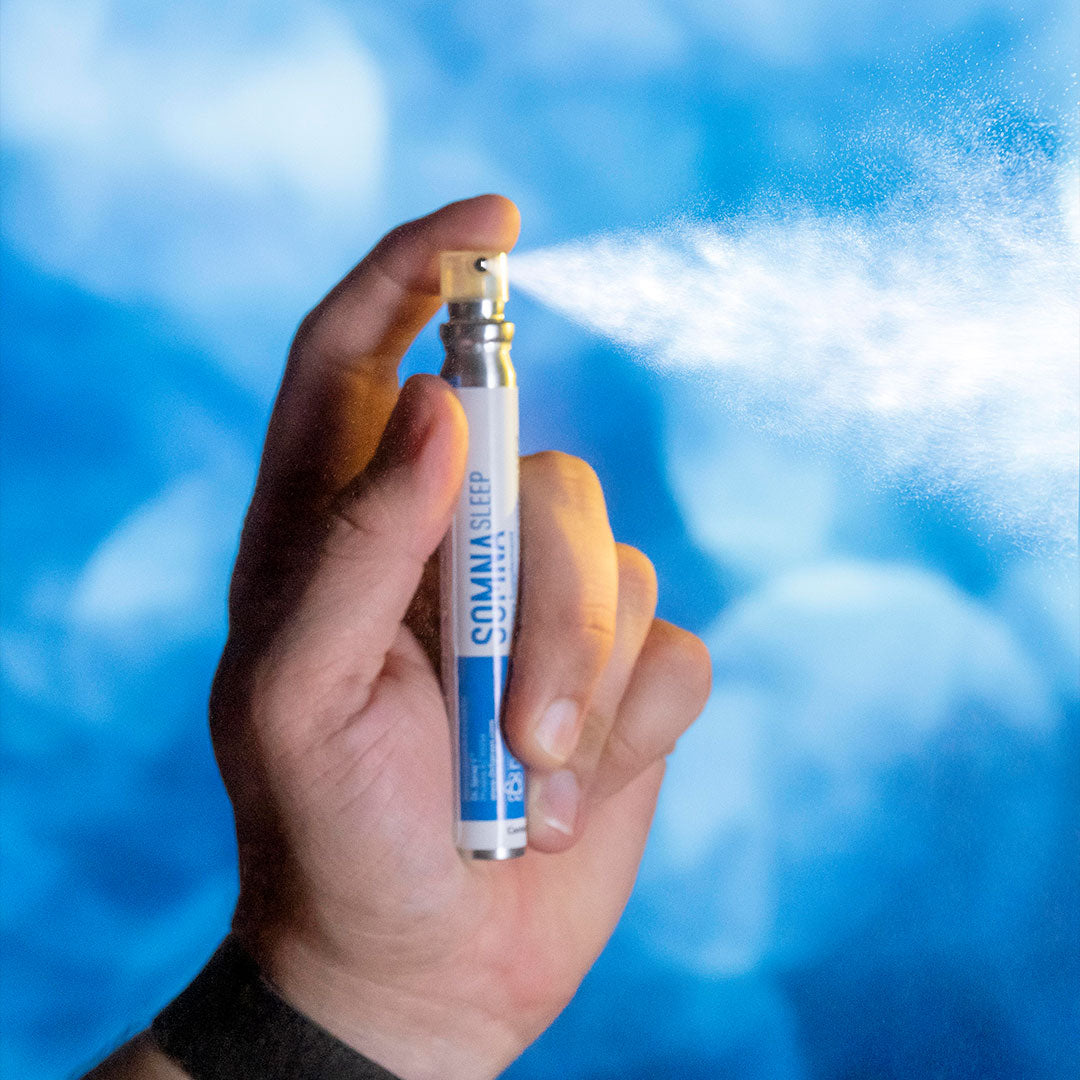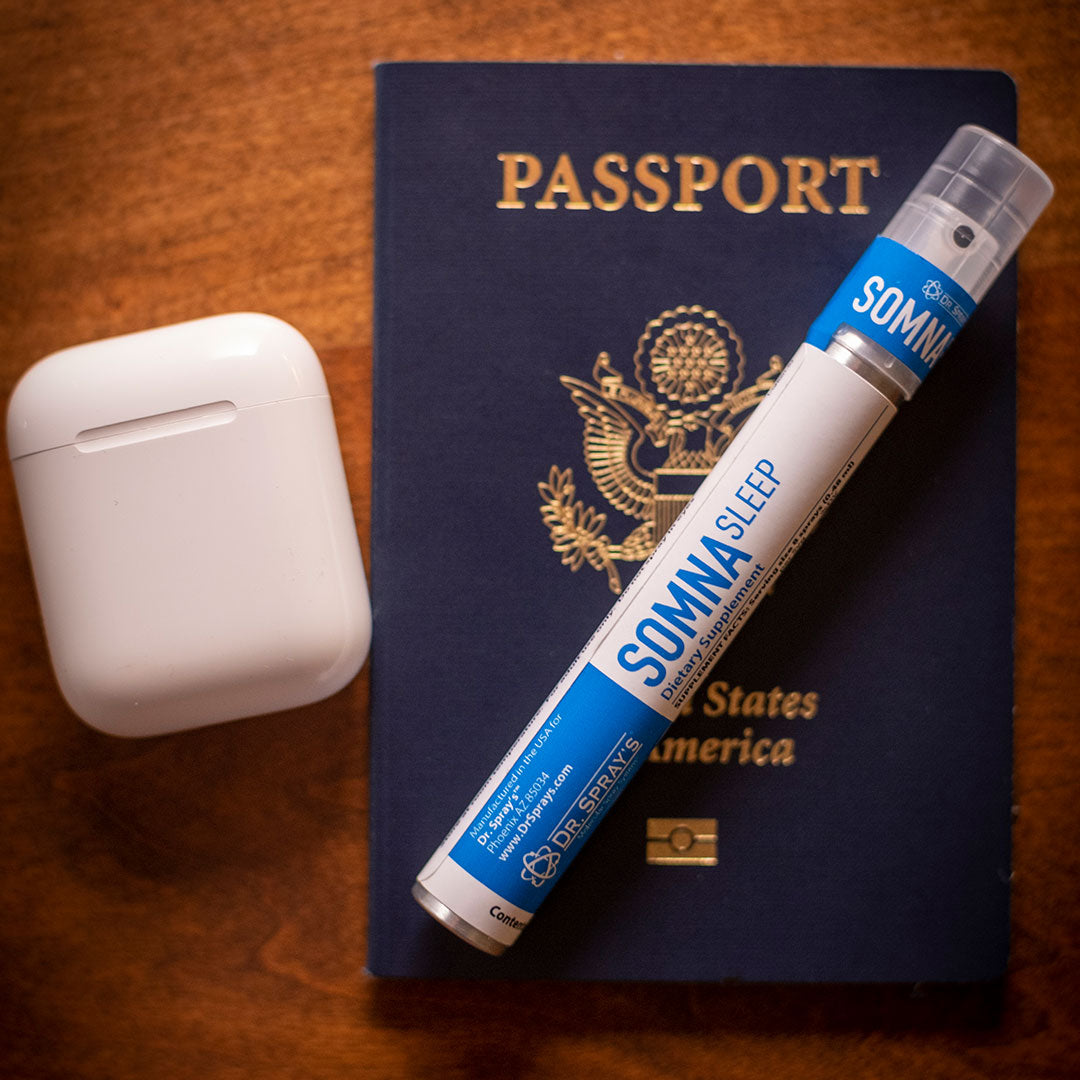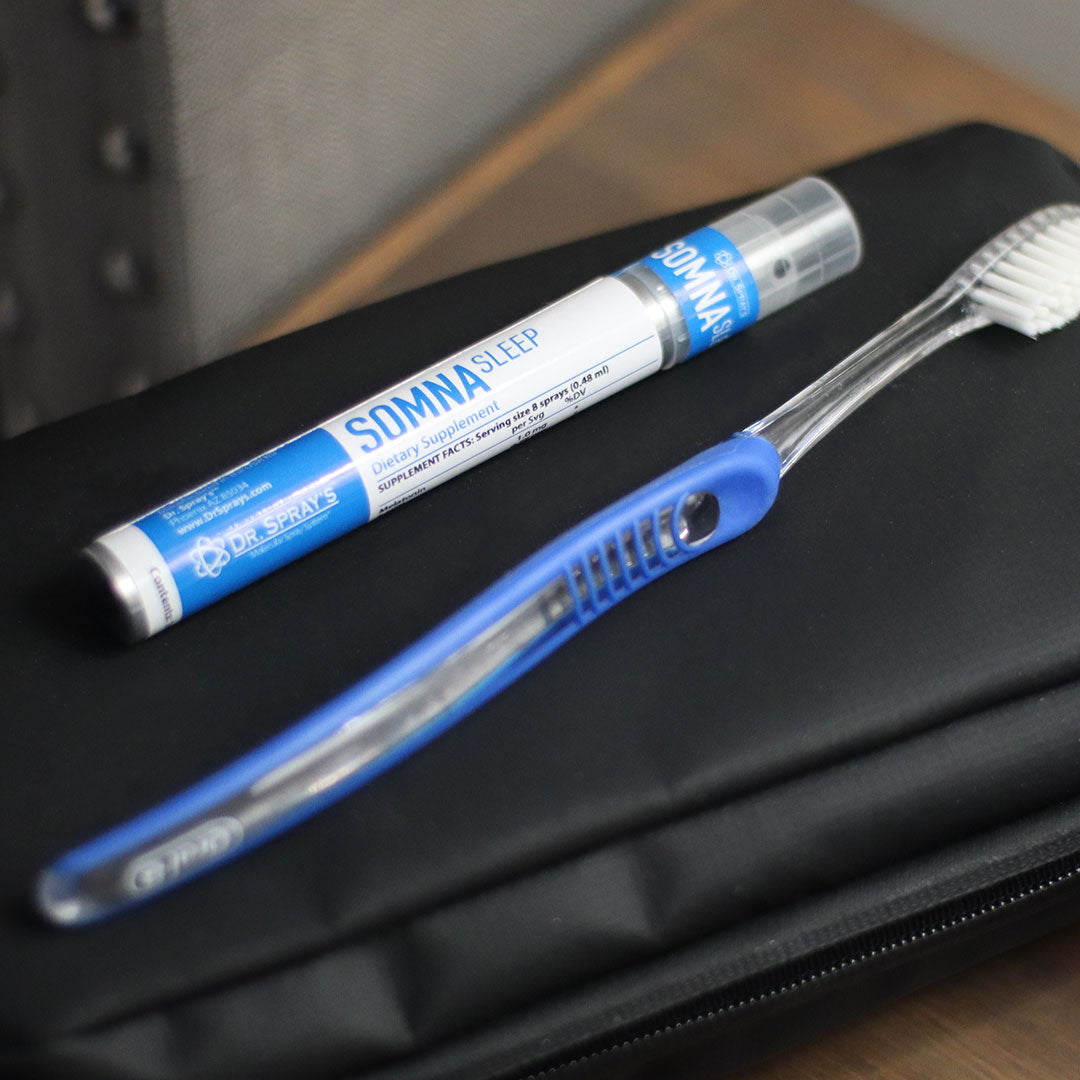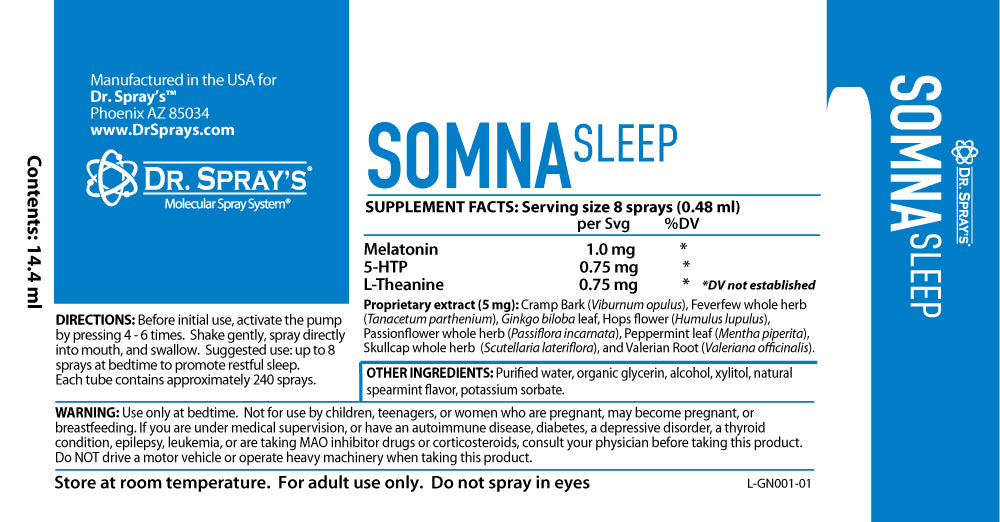There is no one answer to this question. The safe amount of sleep aid to take depends on many factors, including your age, health, and the type and strength of the sleep aid.
As a general guideline, however, it is usually safe to take between 1 and 3 over-the-counter sleep aids per night. If you have been prescribed a sleep aid by a doctor, follow their instructions on how much to take.
If you are concerned about the amount of sleep aid you are taking, or if you are experiencing any side effects, speak to a healthcare professional.
Sleep aids are generally safe to take, but it is important to follow the directions on the label. For most sleep aids, the recommended dose is 1-2 capsules before bedtime. If you are taking a sleep aid for the first time, it is always best to start with the lowest possible dose to see how your body reacts. Some people may find that they need a higher dose to fall asleep, while others may only need a small amount.
If you are having trouble sleeping, it is important to talk to your doctor about whether or not a sleep aid is right for you. There are some medical conditions that can make sleep aids unsafe, so it is always best to check with your doctor first.
While the occasional use of sleep aids is generally safe, taking them regularly can have some serious consequences. Overuse of sleep aids can lead to physical dependence and tolerance, meaning you will need to take larger and larger doses to get the same effect. This can quickly spiral out of control, causing all sorts of problems. If you're considering taking a sleep aid, it's important to talk to your doctor first. They can help you figure out if it's safe for you to take, and if so, how much. They can also help you find other ways to deal with your sleep problems that don't involve medication. Most people don't realize that there are different types of sleep aids available over the counter. Some sleep aids, such as Advil PM, simply help you fall asleep and stay asleep. Others, such as Nytol, actually work to treat underlying conditions that are keeping you from falling asleep in the first place. [1] If you're considering taking a sleep aid, it's important to understand how they work and what the potential risks are. In general, sleep aids are safe when used as directed. However, it's important to talk to your doctor if you're considering taking a sleep aid on a regular basis, as they can interact with other medications you're taking and cause serious side effects. [2] Sleep aids are intended for short-term use only-usually two weeks or less. If you find that you're still having trouble sleeping after two weeks, it's important to talk to your doctor. They can help you identify any underlying conditions that may be causing your insomnia and recommend other treatment options. [3] In general, the risks of taking a sleep aid are low. However, it's important to be aware of the potential side effects, which can include: [4] • Drowsiness • Dizziness • Headache • Nausea • upset stomach • Diarrhea If you experience any of these side effects, it's important to stop taking the sleep aid and talk to your doctor. They can help you determine if the sleep aid is right for you and suggest alternative treatment options if necessary. [5]










